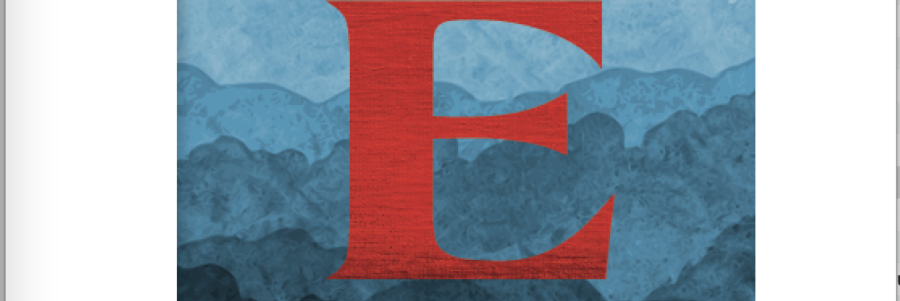The Razorblade of Zen, by Michael Elliston Roshi. Forward by Hoko Karnegis. 208 pp. 2023, Red Feather.
Review by Katsuryu Bill Cooper
Razorblade of Zen is a true gift from Michael Elliston, Roshi. It is heartfelt guidance on Zen to his students, and to everyone interested in learning more.
This exceptional book is about Zen Buddhism, rationalism, and theism. In his previous work, The Original Frontier, Elliston discussed and taught Zen for the individual. In Razorblade of Zen, Elliston takes another view in discussing the social and cultural influences of rationalism and theism, and the place of Zen within them. In rationalism Elliston includes the views of science, scientific method, and empirical thinking. Religious theism on the other hand is based in faith and belief in a creator God, and perhaps scripture. Zen is neither of these views, but can find its place within this cultural context.
Elliston writes in the chapter “Living in Interesting Times,”
“Zen offers an island of sanity in the sea of confusion that is our world, a kind of sanctuary in which to take stock of …viable options, and to evaluate which of them we might exercise for the sake of ourselves, friends, and families—all the while embracing reality.”
Elliston includes within the definition of Zen the many worlds which arise in our zazen: current knowledge of events and situations, insights, to-do lists, and grudges: all of it. And why not? There these thoughts are in front of us. But let’s keep in mind the last phrase, “all the while embracing reality.” This embrace is our zazen, says Elliston.
I believe the core of the book is Elliston’s introduction of the “the Eight Dimensions.” These are unique categories and approaches to problem solving (or design). For example, Elliston establishes “Dimension 1: Questions Asked.” Included here are the three questions of How? Why? and What? that arise for us in various ways when approaching a new issue, including our suffering. Elliston then discusses how theism, rationalism, and Zen typically formulate views in relationship to this dimension and its questions.
For instance, regarding Dimension 1, according to Elliston, (and he realizes this is a generalization), theists are most interested and concerned about the question of Why. Why do we humans exist? Why does the universe exist? Whereas rationalists take up the question and view of How. How do things work? How is this happening? Lastly, there is Zen. Zen view and practice with What. “What is it that thus comes?” What is this immediate moment? Or as Elliston states, “What is this, in front of your face?” Again, I think with some lightness, Elliston writes, “We want to study the self, yes, but only in order to forget the self. Better to contemplate what we are, rather than who we are.”
Other introductory chapters are, “Comparing Rationalism, Theism and Zen,” “Reflecting on Theism,” and “Zeroing in on Zen.” These are all told with clarity and Elliston’s independent voice. For instance, he writes “Instead of Job’s famous lament ‘Why me, Lord?’ we (Zen people) ask, ‘Why not me?’ What’s so special about myself that I should not suffer the same slings and arrows of fate that others do?”
That’s quite a dose of Zen reality. No one is entitled. To paraphrase one of Elliston’s themes: We are facing some facts, such as life and death. We may want to look at the craziness we go through.
As a reader (and a student of Elliston Roshi) I was most interested in the latter part of the book where he compares and brings to the foreground how Zen fits within or apart from the camps of theism and rationalism. These ideas may join loosely, but they do not “come together.” Zen’s position is clearly illustrated by Elliston Roshi. Zen is neither rationalism or theism, but it does share qualities of them. However, what distinguishes Zen is the practice of zazen, its noble silence, and the wisdom that arises. In Razorblade of Zen, Elliston clearly points to the way of Zen.
Elliston Roshi is the abbot of the Atlanta Soto Zen Center, where he has led and taught Zen for over 50 years.
Events for Razorblade of Zen
Upcoming Dharma Cloud will be studying Razorblade this summer, 2023. Everyone is welcome to drop-in and participate. See KuWasan Ann Glasmann for information: montanamoose108@gmail.com.
Also, the Practice Leaders Forum will discuss a section of Razorblade of Zen in our summer meeting. TBA. See me, Katsuryu bellevuedharma@gmail.com
Gassho, Katsuryu.







